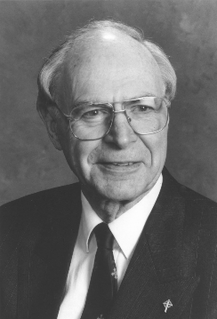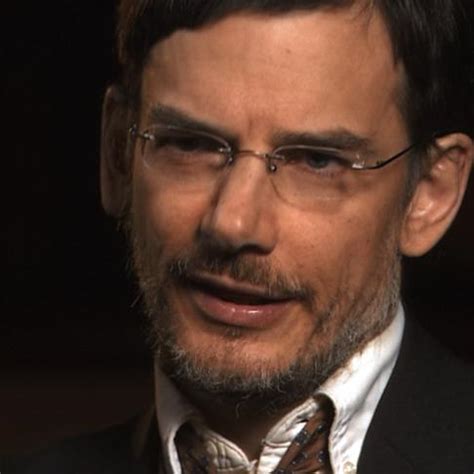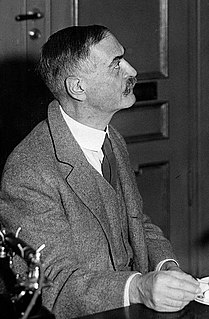A Quote by Arthur Peacocke
Classical philosophical theism maintained the ontological distinction between God and creative world that is necessary for any genuine theism by conceiving them to be of different substances, with particular attributes predicated of each.
Related Quotes
Theism, as a way of conceiving God, has become demonstrably inadequate, and the God of theism not only is dying but is probably not revivable. If the religion of the future depends on keeping alive the definitions of theism, then the human phenomenon that we call religion will have come to an end. If Christianity depends on a theistic definition of God, then we must face the fact that we are watching this noble religious system enter the rigor mortis of its own death throes.
The difference between theism and nontheism is not whether one does or does not believe in God. . . Theism is a deep-seated conviction that there's some hand to hold: if we just do the right things, someone will appreciate us and take care of us. . . Nontheism is relaxing with the ambiguity and uncertainty of the present moment without reaching for anything to protect ourselves.
Atheism ... in its philosophic aspect refuses allegiance not merely to a definite concept of God, but it refuses all servitude to the God idea, and opposes the theistic principle as such. Gods in their individual function are not half as pernicious as the principle of theism which represents the belief in a supernatural, or even omnipotent, power to rule the earth and man upon it. It is the absolutism of theism, its pernicious influence upon humanity, its paralyzing effect upon thought and action, which Atheism is fighting with all its power.
According to theism, if a universe is to have any probability of existing, this probability is dependent upon God's beliefs, desires and creative acts. But the Hartle-Hawking probability is not dependent on any supernatural considerations; Hartle and Hawking do not sum over anything supernatural in their path integral derivation of the probability amplitude.
A single kind of red cell is supposed to have an enormous number of different substances on it, and in the same way there are substances in the serum to react with many different animal cells. In addition, the substances which match each kind of cell are different in each kind of serum. The number of hypothetical different substances postulated makes this conception so uneconomical that the question must be asked whether it is the only one possible. ... We ourselves hold that another, simpler, explanation is possible.
Naturalism is the view that the physical world is a self-contained system that works by blind, unbroken natural laws. Naturalism doesn't come right out and say there's nothing beyond nature. Rather, it says that nothing beyond nature could have any conceivable relevance to what happens in nature. Naturalism's answer to theism is not atheism but benign neglect. People are welcome to believe in God, though not a God who makes a difference in the natural order.






































